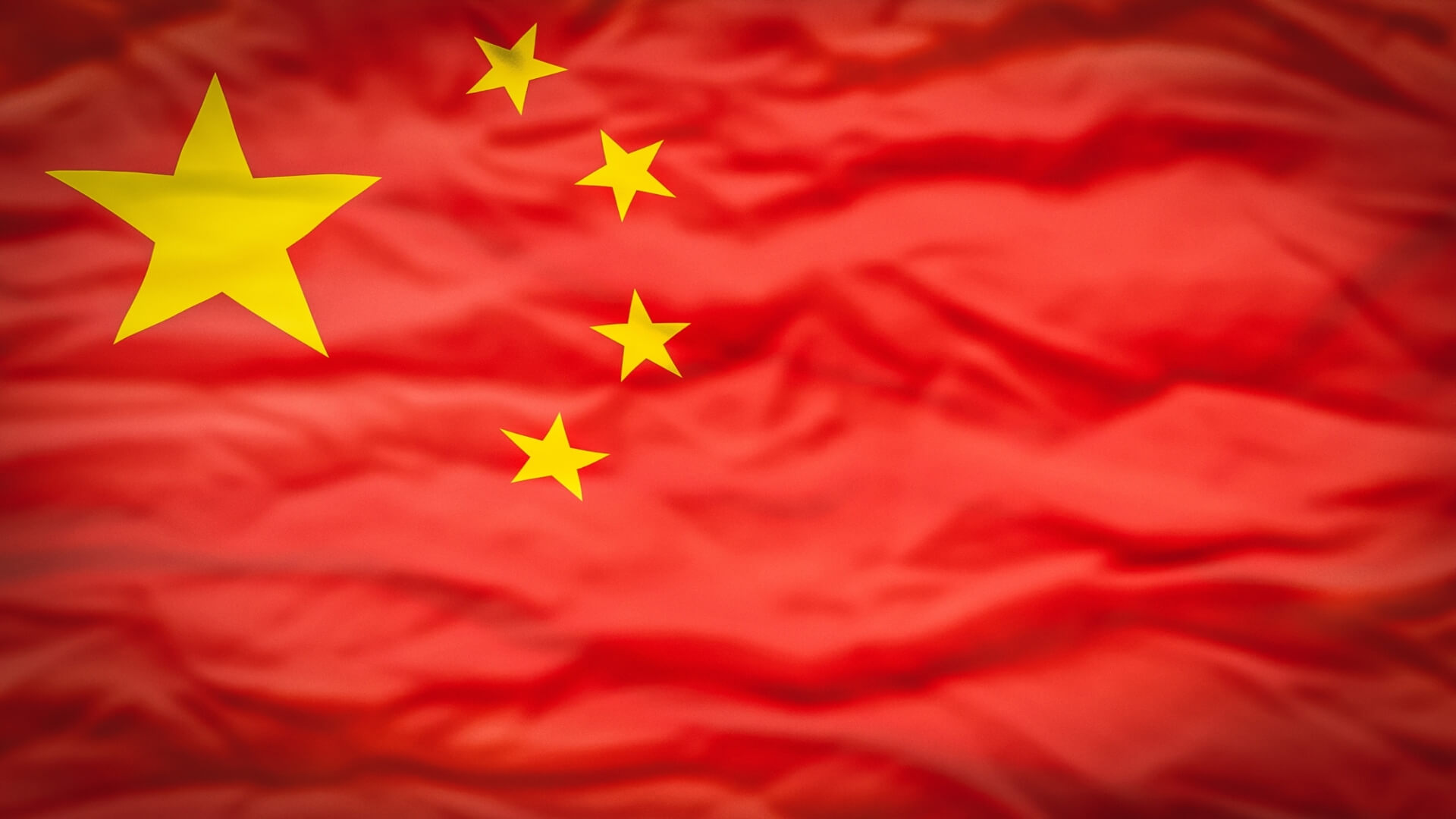China and the United States are in a battle for semiconductor control. Semiconductors, which are essential for various critical industries including telecommunications, defense, and AI, have become a strategic asset for countries across the globe. In particular, China, the world’s largest consumer of semiconductors, is aggressively investing in domestic production and seeking to reduce its dependence on foreign suppliers. China’s push for self-sufficiency in semiconductors is driven by both economic and geopolitical considerations. The country aims to bolster its domestic chip industry to enhance its technological capabilities, reduce vulnerabilities, and assert its influence in the global market. This effort is seen as part of China’s broader goal to become a dominant player in key industries and challenge the current world order.
China recognizes that control over the semiconductor industry is vital for its economic and military power. It aims to reduce its dependence on foreign suppliers, particularly the US, by building a self-sufficient semiconductor industry. The country has invested billions of dollars in research, development, and infrastructure to achieve this goal. China’s semiconductor strategy has raised concerns among other nations, especially the US, as it poses a threat to their technological leadership and national security. The US has implemented policies to restrict China’s access to advanced semiconductor technologies and has encouraged its allies to do the same.
Furthermore, the semiconductor supply chain has become a geopolitical battleground, with countries such as Taiwan, which is a major producer of semiconductors, caught in the middle. The US has taken steps to protect Taiwan’s semiconductor industry and prevent China from exerting control over it. Experts emphasize the importance of global collaboration and diplomacy to manage this escalating conflict. They highlight the need for countries to work together to establish transparent regulations, ensure fair competition, and safeguard the stability of the semiconductor supply chain. Here is an opinion piece we found of interest relating to the importance of the US winning the semiconductor war.
America’s Must-Win Semiconductor War
In an opinion piece, “America’s Must-Win Semiconductor War,” published in The New York Times, Steven Rattner, Wall Street financier, discusses the challenges faced by the US in securing its semiconductor supply chain and explores President Joe Biden’s efforts to address this issue. Semiconductors are crucial components in various industries, including consumer electronics, defense, and transportation. However, Rattner points out that the US heavily relies on the Taiwan Semiconductor Manufacturing Company (TSMC) for its chip production, which presents potential vulnerabilities to national security and economic competitiveness.
Per Rattner, President Biden has recognized the importance of securing the semiconductor supply chain and has proposed significant investments to bolster domestic chip manufacturing. The author mentions the creation of a new federal agency to coordinate semiconductor research and production, as well as initiatives to reward private companies for building chip factories in the US as part of the 2022 CHIPS and Science Act. He emphasizes the challenges the US faces in catching up with Asian competitors, particularly China, which has aggressively invested in semiconductor manufacturing. Rattner highlights the need for a comprehensive strategy that includes government support, private sector collaboration, and cooperation with allies to ensure America’s leadership in this critical technology. Read the full article in The New York Times.
Disclosure: Fatty Fish is a research and advisory firm that engages or has engaged in research, analysis, and advisory services with many technology companies, including those mentioned in this article. The author does not hold any equity positions with any company mentioned in this article.
The Fatty Fish Editorial Team includes a diverse group of industry analysts, researchers, and advisors who spend most of their days diving into the most important topics impacting the future of the technology sector. Our team focuses on the potential impact of tech-related IP policy, legislation, regulation, and litigation, along with critical global and geostrategic trends — and delivers content that makes it easier for journalists, lobbyists, and policy makers to understand these issues.
- The Fatty Fish Editorial Teamhttps://fattyfish.org/author/fattyfish_editorial/January 19, 2024
- The Fatty Fish Editorial Teamhttps://fattyfish.org/author/fattyfish_editorial/January 3, 2024
- The Fatty Fish Editorial Teamhttps://fattyfish.org/author/fattyfish_editorial/January 3, 2024
- The Fatty Fish Editorial Teamhttps://fattyfish.org/author/fattyfish_editorial/December 31, 2023










